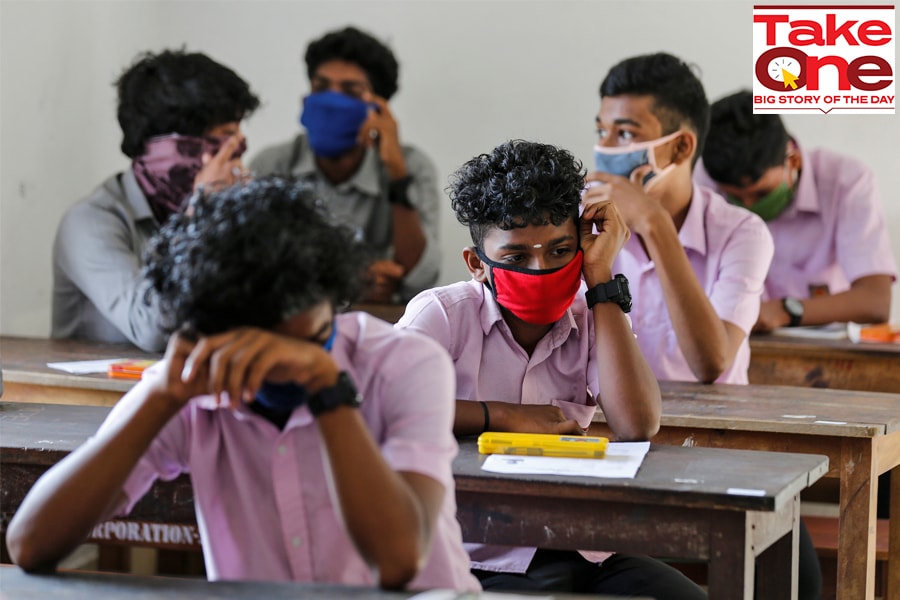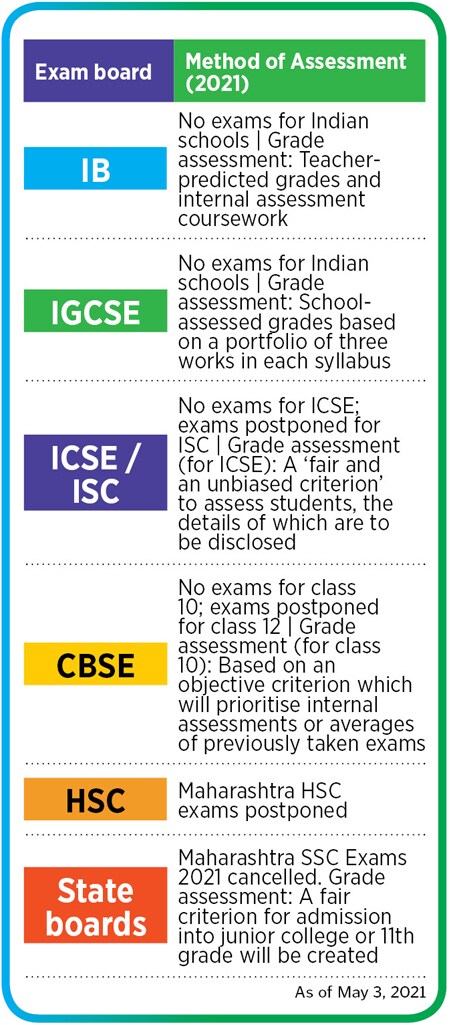
Why exams face a litmus test in Covid-19 times
The pandemic-triggered disruption in the traditional—and limited—system of examinations can open up more relevant ways to assess students
 Image: Sivaram V/ Reuters
Image: Sivaram V/ Reuters
When India’s youngest billionaire talks about the limitations of the education system and the conventional method of assessing students—examinations—you can’t help but take notice. “Instead of making everybody study seven or eight subjects, we need to pay more attention to students gathering a higher level of expertise in the subject they choose. Perhaps better ways of examining students and how much knowledge they’ve garnered—at a time when access to information has become instant—are called for,” says Nikhil Kamath, co-founder of online stock trading platform Zerodha.
Kamath, 34, who dropped out of high school at the age of 15 to pursue his passion for chess and the ‘germ’ of a startup idea, may have been an outlier in his time. Just as Steve Jobs and Bill Gates were in the 70s, when they chose to drop out and pursue their entrepreneurial dreams.
“I wasn’t too keen on following the two traditional paths available in India—science and commerce,” explains Kamath, while emphasising that he doesn’t recommend dropping out. “The key is to allow students to study what they’re really interested in.”
Kamath’s pearls of advice assume significance at a time when, along with pretty much everything and everyone else, Covid-19 has turned the world of education and students upside down. With health and well-being quickly becoming the top-most priority for schools and universities globally, millions of students were informed that their exams could not, in good faith, be conducted. This was horrifying to some and relief for others, but it was a situation that could never have been predicted.
Virtually overnight, students shifted their learning to an online platform (at least those who could afford and access one). And with this shift came the realisation that education could not go on as it had before. Quizzes, projects, and virtual labs and assessments took precedence over tests, which were hard to administer justly. While for some, online schooling was stressful, others took respite in the break from the constant onslaught of tests and exams. Using this new project-based learning and self-paced understanding for the most part, many excelled more than they could have with the traditional route.








